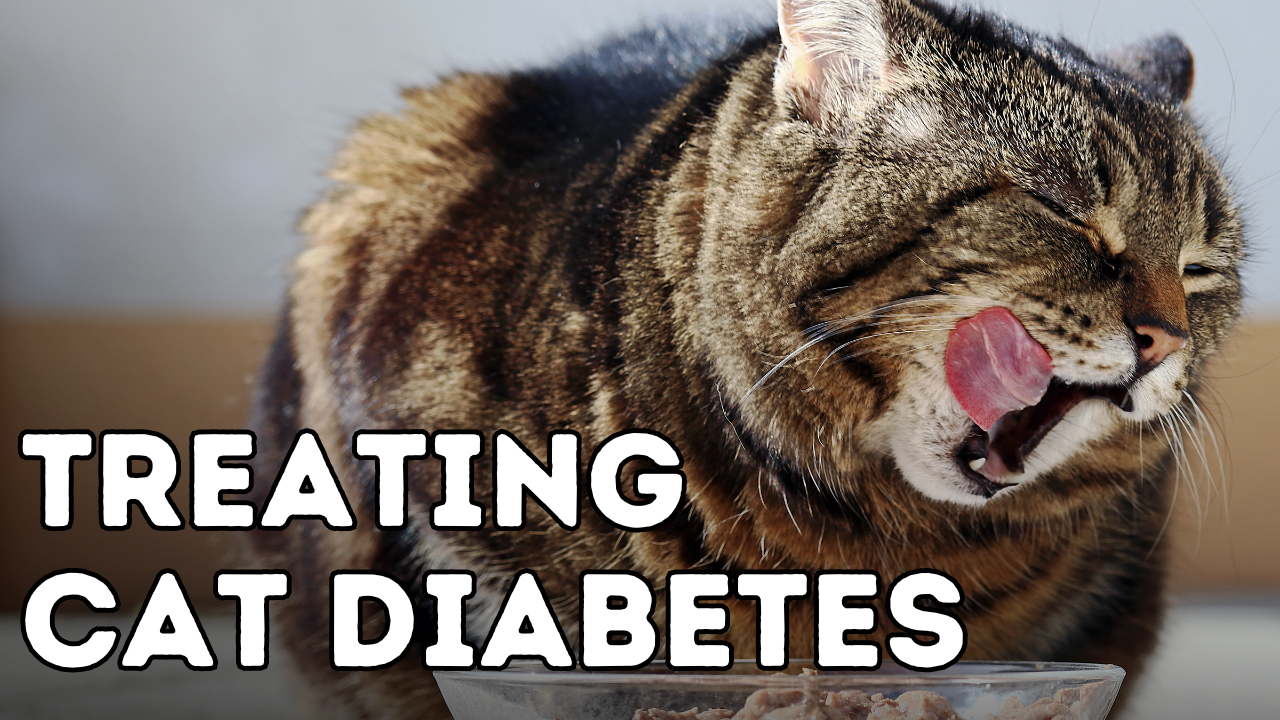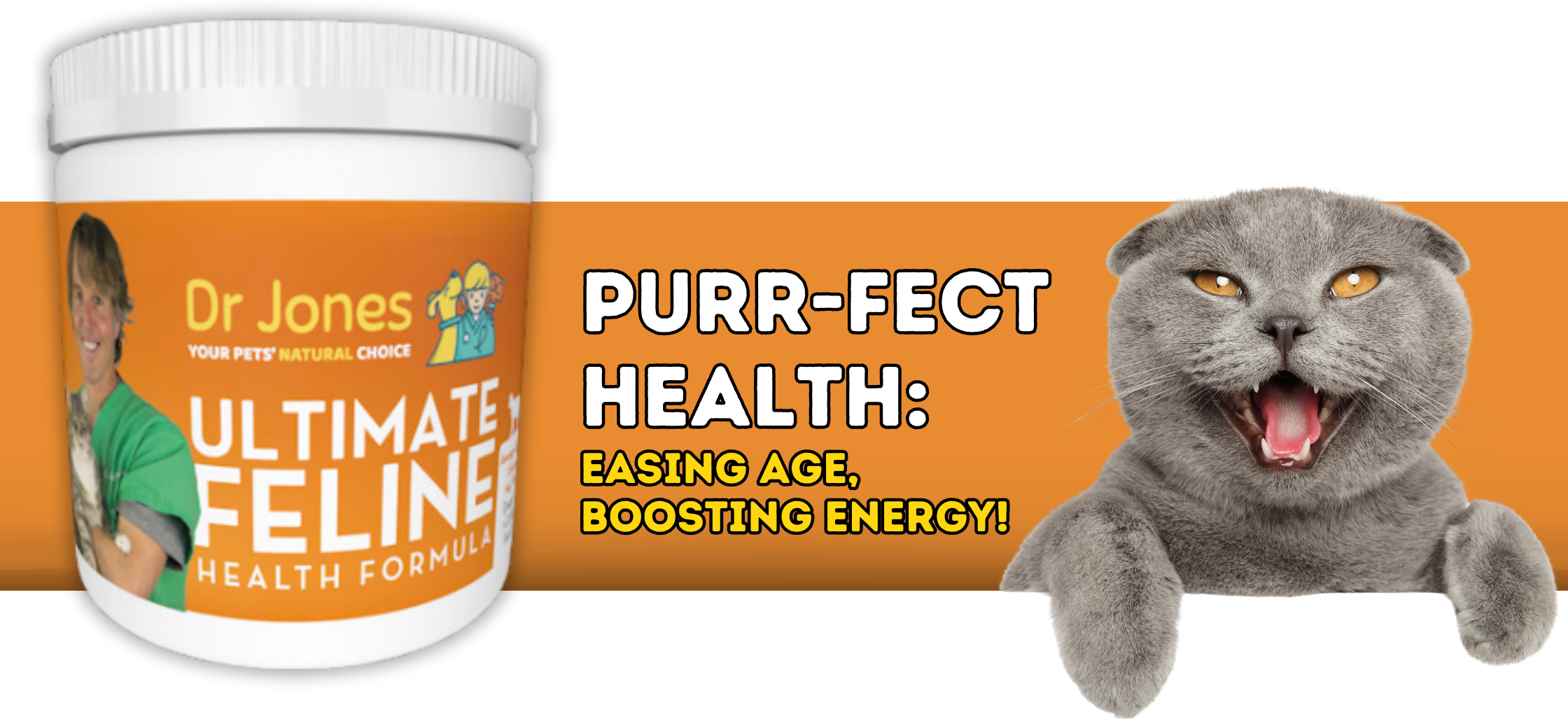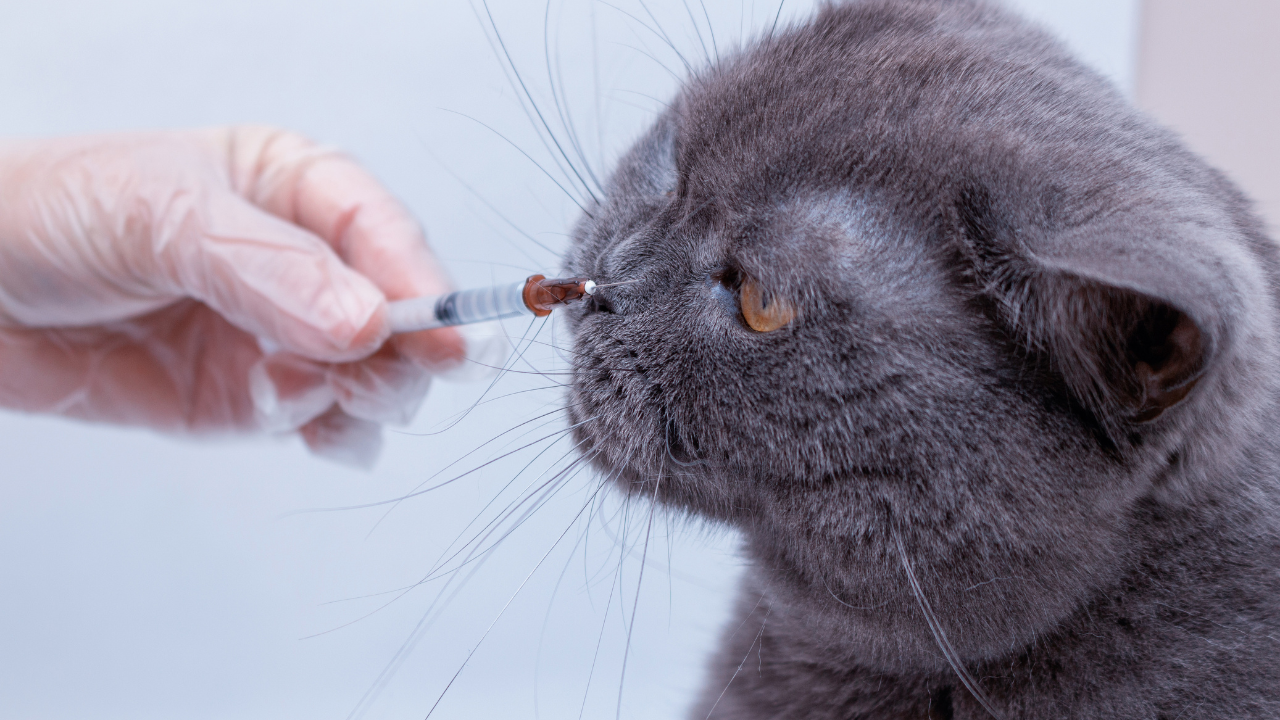Treat Cat Diabetes without Insulin injections

Diabetes is an epidemic in our cats – it’s just way too common, and giving injections to your cat is something you DON’T want to do. There are certain supplemental nutrients which may help, including colostrum and probiotics.
My supplement ULTIMATE Feline has both Colostrum and Probiotics.


Diabetes and Cats: Understanding Causes and Exploring Natural Cures
Introduction to Feline Diabetes
Diabetes in cats stems from either insufficient insulin production by the pancreas (Type 1 diabetes, most common in dogs), or the cells’ inability to respond to insulin (Type 2 diabetes, most prevalent in cats). This condition leads to elevated blood sugar levels, resulting in increased thirst and urination.
A major contributing factor is the high carbohydrate content in most cat kibbles, which cats struggle to break down efficiently. This carbohydrate overload can overwhelm the pancreas, reduce insulin sensitivity, and ultimately lead to diabetes.
Visiting Your Veterinarian
If you suspect your cat has diabetes, it’s crucial to get a confirmation from your veterinarian. Initial treatment typically starts with insulin. However, dietary modifications can significantly improve your cat’s condition. Discuss the option of using Glargine (Lantus) with your vet, as it’s a longer-acting insulin better suited for regulating blood sugar in difficult cases.
Dietary Changes for Managing Diabetes
The most critical step in managing feline diabetes is switching to a diet low in carbohydrates (less than 5%) and high in protein. Eliminate dry kibble and opt for canned, homemade, or raw diets. Some effective commercial diets include Wellness Chicken or Turkey, Fancy Feast Chunky Chicken or Turkey, and Nature’s Variety Organic raw diets. I’ve observed that about 50% of diabetic cats can be managed with a high-protein diet alone, potentially eliminating the need for insulin.
Essential Fatty Acids and Their Benefits
Incorporating essential fatty acids into your cat’s diet can increase insulin sensitivity. A recommended dose is 500mg of krill oil per 10 pounds of body weight daily. Krill oil is preferable as it avoids the toxins often found in fish oil.

The Role of CBD in Diabetes
CBD oil, known for its anti-inflammatory properties, shows promise in reducing insulin resistance and moderating blood sugar levels in type 2 diabetes. For cats, a typical dose is 3 mg per 10 pounds daily.
Coenzyme Q10 and Diabetes
Coenzyme Q10 helps with carbohydrate metabolism and is often deficient in animals with diabetes. Supplementing with Coenzyme Q10 can lower blood sugar levels and improve blood oxygenation, potentially aiding in conditions like diabetic retinopathy. The recommended dose is 20mg per 10 pounds daily.
Chromium’s Impact on Diabetes
Chromium plays a vital role in improving glucose tolerance and reducing fasting glucose levels. It can be administered through brewer’s yeast enriched with chromium or chromium chloride. The dose for cats is typically 1 teaspoon of brewer’s yeast per day.
Probiotics and Their Effects on Diabetes
Probiotics can reduce low-level inflammation, which is beneficial for cats with diabetes. Strains like Lactobacillus acidophilus and L. casei have shown to improve glucose tolerance and hyperglycemia in studies.
Benefits of Colostrum for Diabetic Cats
Colostrum is known for its potential to boost metabolic rates, increase muscle mass, and enhance insulin sensitivity, making it an excellent supplement for diabetic cats. Significant studies have highlighted its ability to maintain balanced blood glucose levels.

Final Note
My Ultimate Feline Health Formula contains probiotics, colostrum, and specific nutrients designed to decrease inflammation and improve cellular response to insulin. It was beneficial for my diabetic cat, Murray, who successfully came off insulin injections with these supplements.
In conclusion, managing feline diabetes involves a comprehensive approach that includes dietary modifications, appropriate supplements, and regular veterinary care. These strategies not only manage the condition but can also significantly enhance your cat’s quality of life.

Hello
My cat has a heart murmur and was not expected to live beyond five years she is now fifteen I treated her with Co enzyme Q10 and Taurine I phased out the former but still give her Taurine. She has recently been diagnosed with diabetes and is on Senvelgo which has made a slight improvement.
Would CBD be safe to take with Senvelgo and would it have any adverse effect on her cardiomyopathy She is a perfectly happy cat and eats well and her weight is stable.